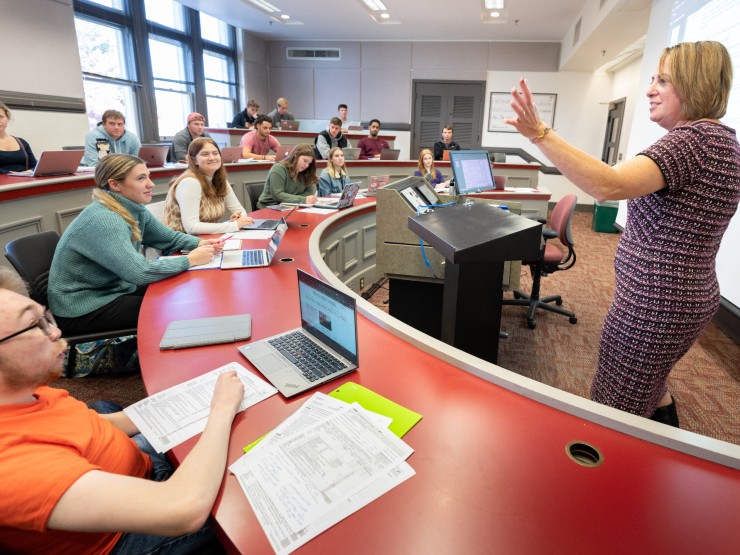
Muhlenberg Center for Teaching and Learning
The Muhlenberg Center for Teaching and Learning (MCTL) seeks to cultivate on our campus a shared culture of reflection about teaching that encourages and supports meaningful experimentation.
The Centers and Institutes at Muhlenberg are part of the College’s rich academic, cultural and spiritual tradition. Missions spanning public opinion research, ornithology, wildlife preserves, teaching proficiency and religious and ethical policy underscore the character and values of our liberal arts core.
Learn about how these programs and locations contribute to the Muhlenberg experience by helping community members cultivate a deeper self-awareness and a conscious and active understanding of the world and our place in it.

The Muhlenberg Center for Teaching and Learning (MCTL) seeks to cultivate on our campus a shared culture of reflection about teaching that encourages and supports meaningful experimentation.
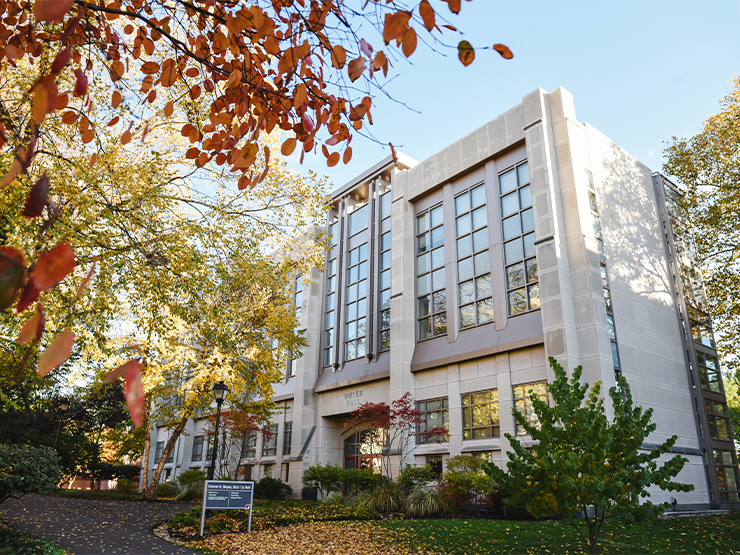
The Institute’s mission is to strive to create a community engaged in the pursuit of understanding and analyzing how religion and culture impact our neighborhoods and our world. Explore the ReligionWise podcast interviews and the WorldViews speakers series to see these efforts in action.

Learn more about Muhlenberg's top-ranked scientific-based research institute that tracks public opinion on key issues at the local, state and national levels.
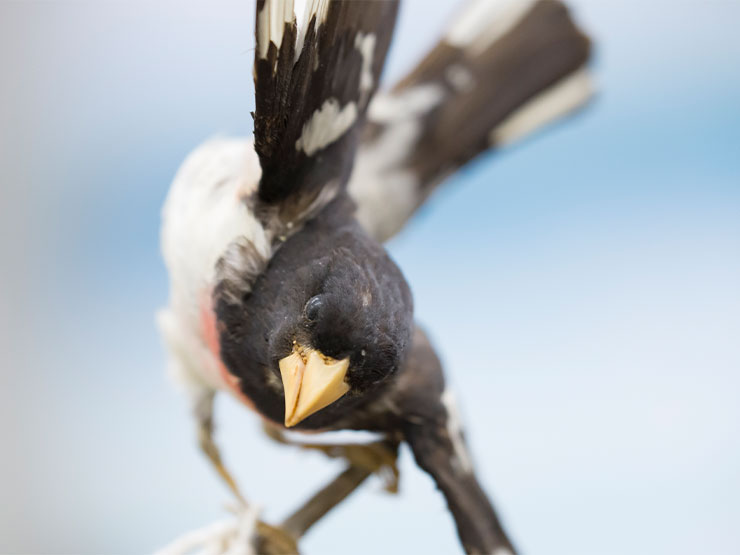
The Acopian Center for Ornithology, established in 2006, houses a historic 2,000+ piece mounted bird collection and is committed to providing hands-on training in the natural sciences through specialized classes, collection-based research opportunities and education and awareness for the general public on key issues related to protecting avian populations.
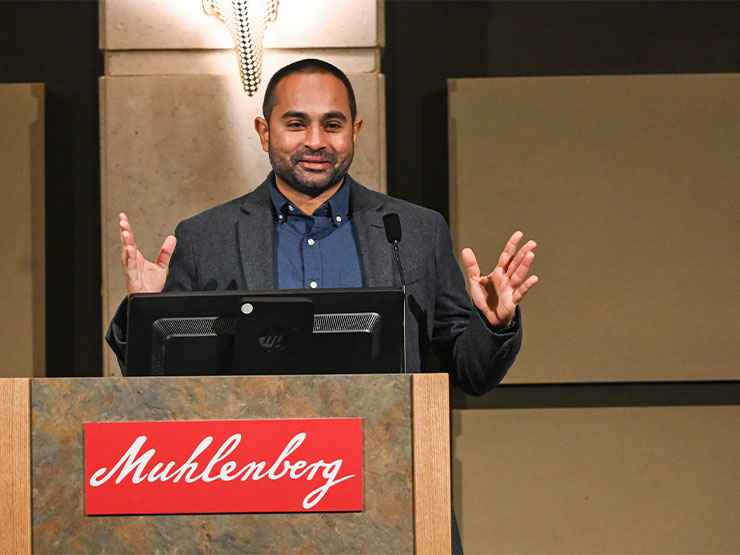
Through thematic lectures and events, the Center for Ethics provides opportunities for intensive conversation and thinking about the ethical dimensions of contemporary philosophical, political, economic, social, cultural and scientific issues.
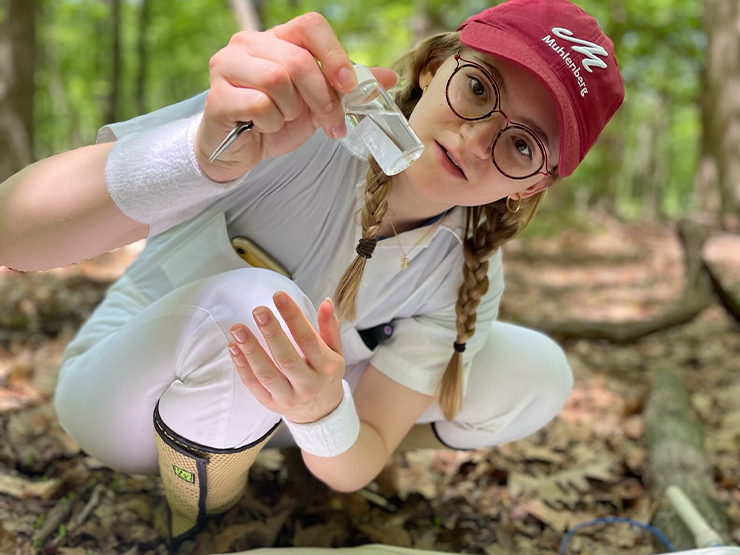
The Conrad W. Raker Biological Field Station and Wildlife Sanctuary, a 40-acre wooded tract situated 15 miles north of the campus, is a valuable outdoor space used primarily by the Biology Department for field study.
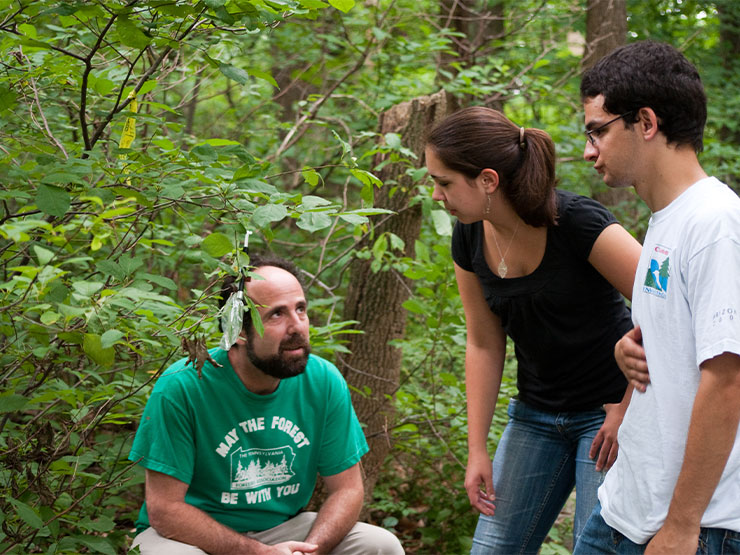
The arboretum, located in Bushkill Township, serves the educational mission of the college by providing an outdoor space for course activities. Field experiences at the arboretum take students out of the classroom into an environment where they can ask questions, conduct field research and experience beauty and wonder
